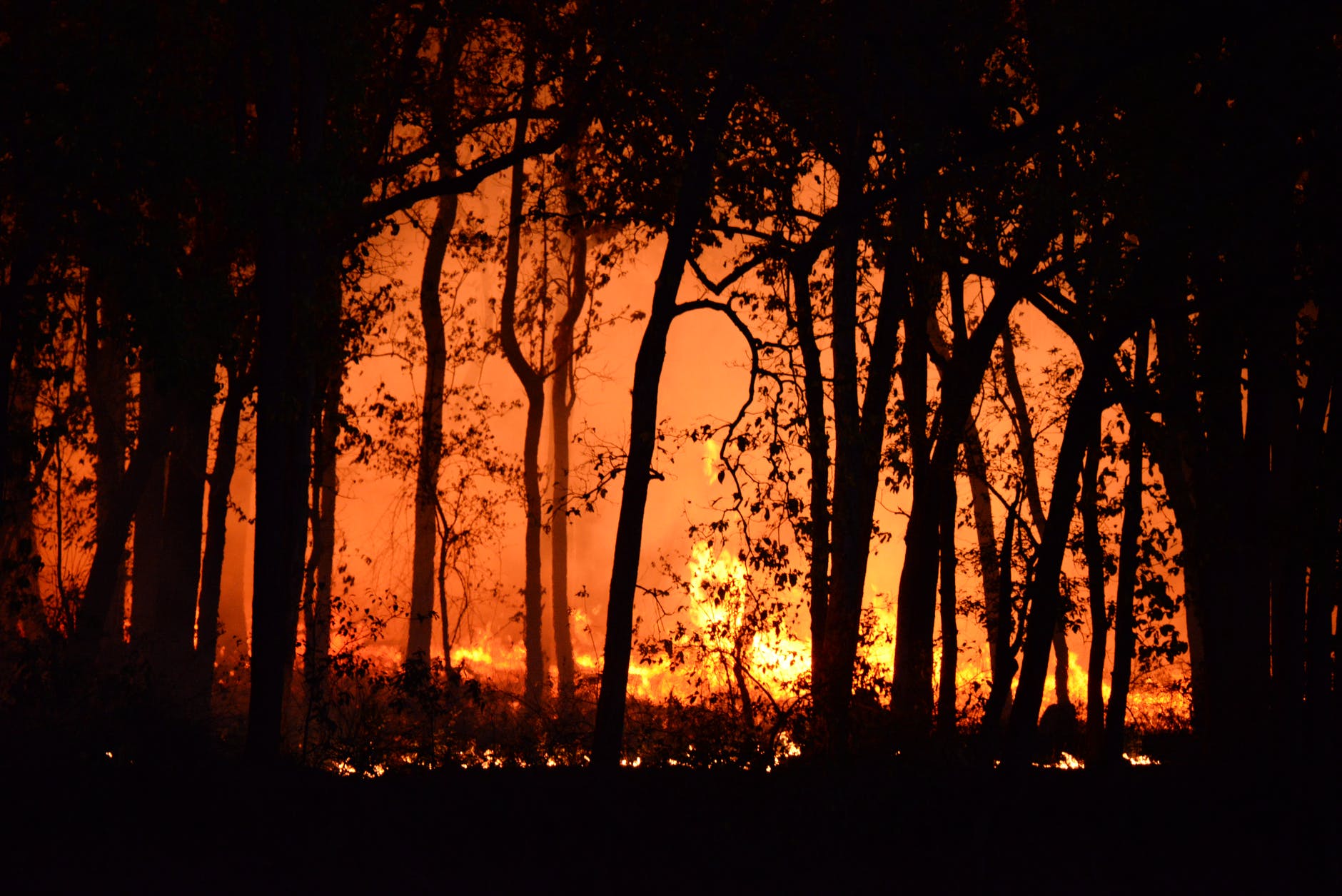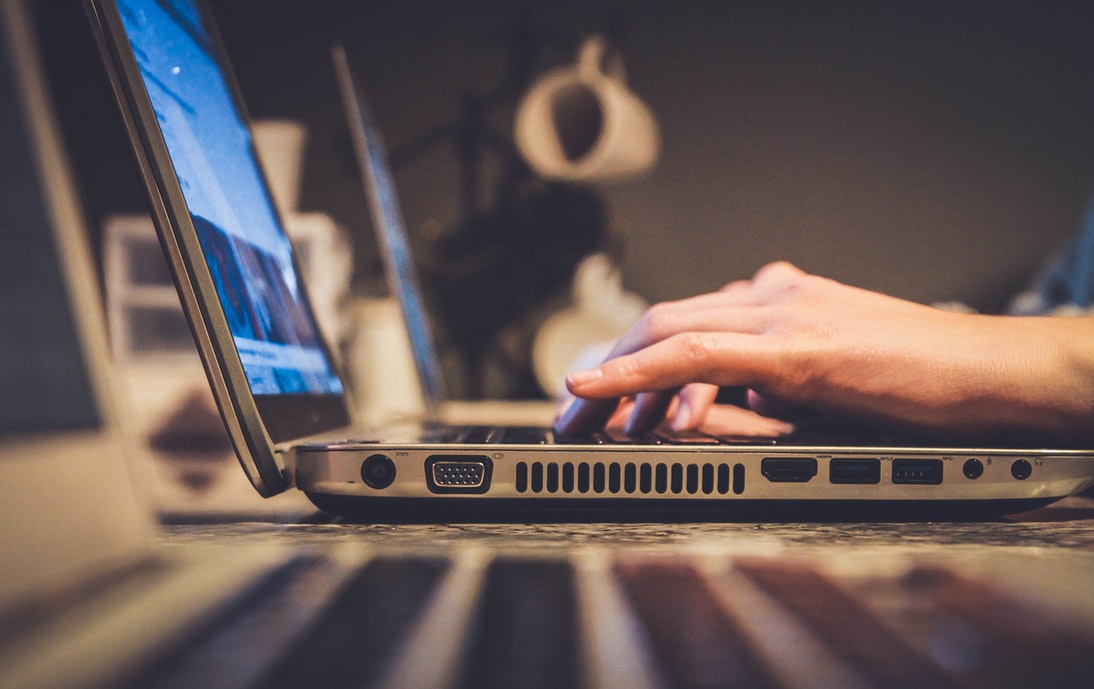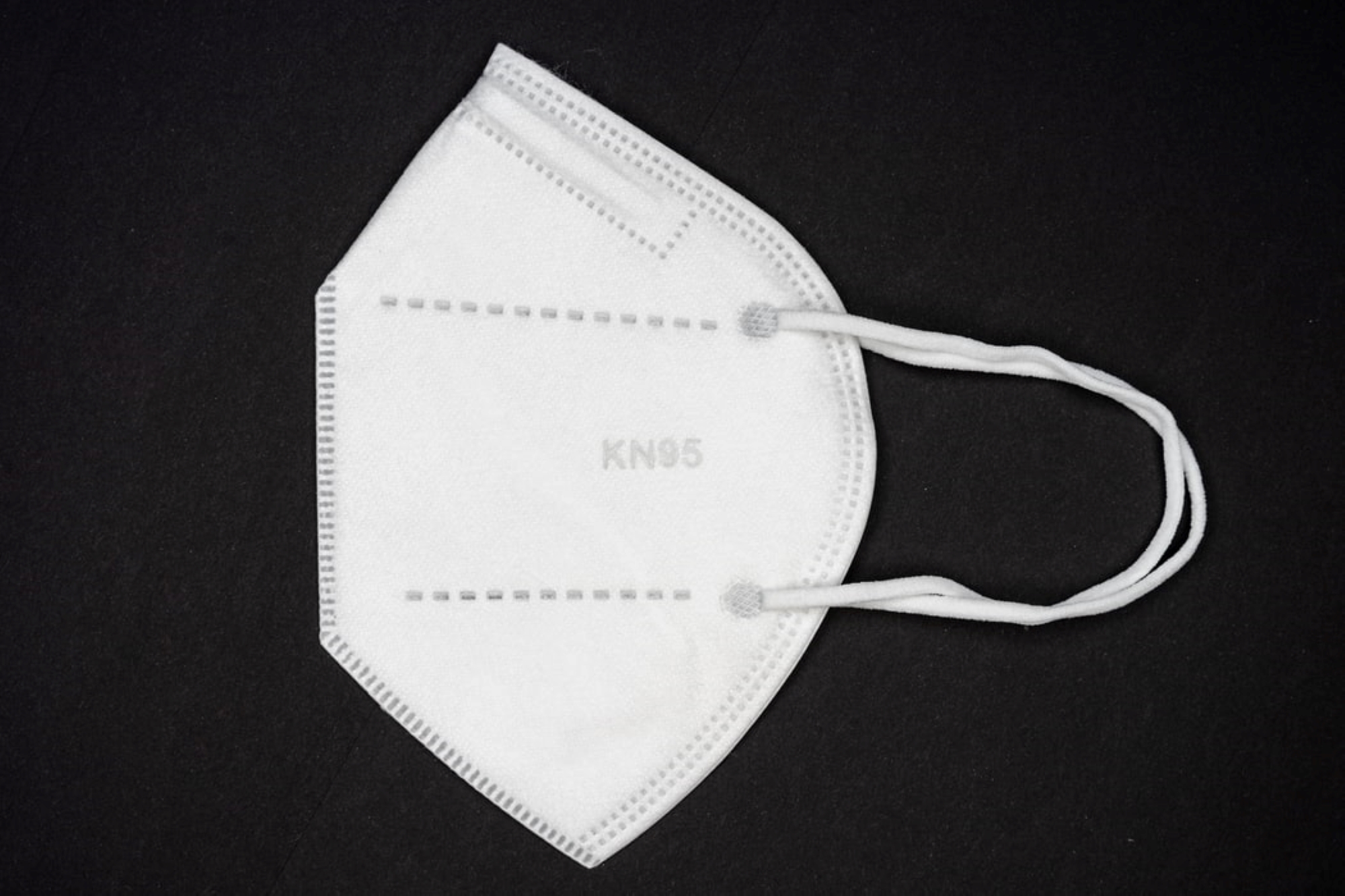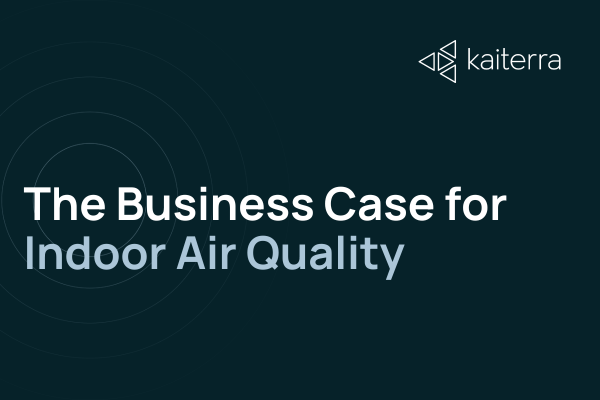Newsletter
As wildfires are becoming more prevalent across the globe, managing wildfire smoke has become an enormous task. As an employer, you want to ensure that your employees are protected from wildfire smoke so they can remain safe and healthy. But what are the best ways to keep people safe during wildfire season?

We’ve compiled a list of actionable steps you can take to protect your employees from wildfire smoke. First, let’s address why it’s important to safeguard against wildfire smoke.
What Makes Wildfire Smoke Dangerous?
When we hear the term “air pollution,” we tend to think of human-made air pollution. However, natural air pollution sources, including volcanoes and forest fires, can be just as dangerous to our health as human-made forms of pollution.
The smoke rising from wildfires is full of particulate matter, chemicals, and gases that can have deleterious effects on humans. Breathing in these pollutants, particularly the fine particles, can worsen asthma, reduce lung functioning, and inflame existing heart and lung conditions.
.jpg?width=1052&name=wildfire-smoke-particulate-matter-pm2.5%20(2).jpg)
As an employer, the health effects of wildfire smoke can pose a significant challenge. By exacerbating existing conditions and reducing lung functioning, your employees are more likely to take sick days. Similarly, particulate matter and other forms of air pollution are proven to lower employee productivity and dampen cognitive skills.
Beyond these simple metrics, taking action against wildfire smoke can demonstrate to your employees that you value their health and happiness. The ongoing COVID-19 pandemic has made workplace health and safety a paramount concern for employees and clients alike, so securing the safety of your employees during wildfire season can help foster trust and increase employee morale.
How To Protect Employees From Wildfire Smoke
Wildfire smoke is certainly not something we can ignore, but how can we stay safe and protect others?
Check local air quality values
Wildfires are continually evolving, so it is crucial to check regularly for air quality updates. Areas far from wildfires can still experience dangerous air quality conditions as the smoke travels through the atmosphere. Additionally, wildfire smoke can be imperceptible to the naked eye at moderate levels, so you can’t rely on your senses to let you know when to take action.
By checking local air quality values, you can stay ahead of the smoke and take proactive steps to protect your employees.
Set up communication channels for air quality updates
Once you have the air quality information you need, you should communicate this information to your employees. Many people have health conditions that can be exacerbated by wildfire smoke, so they should be equipped to make the best decisions for their personal health.

Likewise, if the air quality is bad enough that the office is not safe, employees need to know not to come into the office. By setting up clear communication channels, whether through email, website updates, workplace messages, or even text messages, you can ensure everyone is on the same page and eliminate any downtime due to miscommunication.
Optimize air filtration
As we discussed previously, wildfire smoke is full of airborne particulates. Luckily, particulate matter can be removed through air filtration.
Many HVAC systems have air filters installed; in order for these filters to protect interiors from wildfire smoke, they need to be in good shape and of sufficient filtration efficiency. California’s Department of Industrial Relations recommends installing the highest efficiency filter that your HVAC system will permit, as well as completing any upkeep on the filtration system to make sure there are no leaks.
If your HVAC system can’t support an air filter MERV 13 or higher, you should also equip the office with some portable purifiers on bad pollution days. We recommend using a HEPA purifier, which is currently the best purifier for wildfire smoke.
Offer flexible work locations
Because of the danger presented by polluted outdoor air, many people may feel safer working from home or a location further away from the wildfires.

Offering flexible working options, which were already popularized by the COVID-19 pandemic, will help people make the best choices for themselves and their families.
Encourage the use of pollution masks and air purifiers
Even with an air filtration system, wildfire smoke can still seep into your office. Similarly, work-from-home employees may not have an air filtration system in their homes. Portable HEPA purifiers, which can be used in the home or office, should be encouraged during wildfire season to protect workers, no matter the work location.

KN95 masks (the Chinese counterpart of the USA's N95 mask) also effectively filter out 95% of 0.3 micron particles.
Furthermore, you should promote the use of pollution masks on days when the air quality is unhealthy. Exposure to wildfire smoke can cause wheeziness and shortness of breath, and encouraging the use of pollution masks like N95 respirators (or even distributing them yourself) will help employees avoid these alarming smoke exposure symptoms.
One of the main dangers of wildfire smoke is the widespread creation of airborne particulates. About 90% of the total particulate mass released by wildfires is fine dust, or PM2.5, which is a significant health threat. For more information about particulate matter, including fine dust, we recommend you check out our particulate matter guide below:
Kaiterra provides air quality monitors and an IAQ analytics dashboard for healthy buildings and offices, helping workplace leaders and healthy building pioneers assess and improve their indoor air quality. Our indoor air quality monitors like the Sensedge and the Sensedge Mini can be found in many of the world’s most iconic buildings and workplaces, such as the Empire State Building and the Burj Khalifa.






.png?width=200&height=148&name=Menu%20C%20(2).png)

.png?width=307&height=228&name=Menu%20-%20D%20(1).png)
.png)


